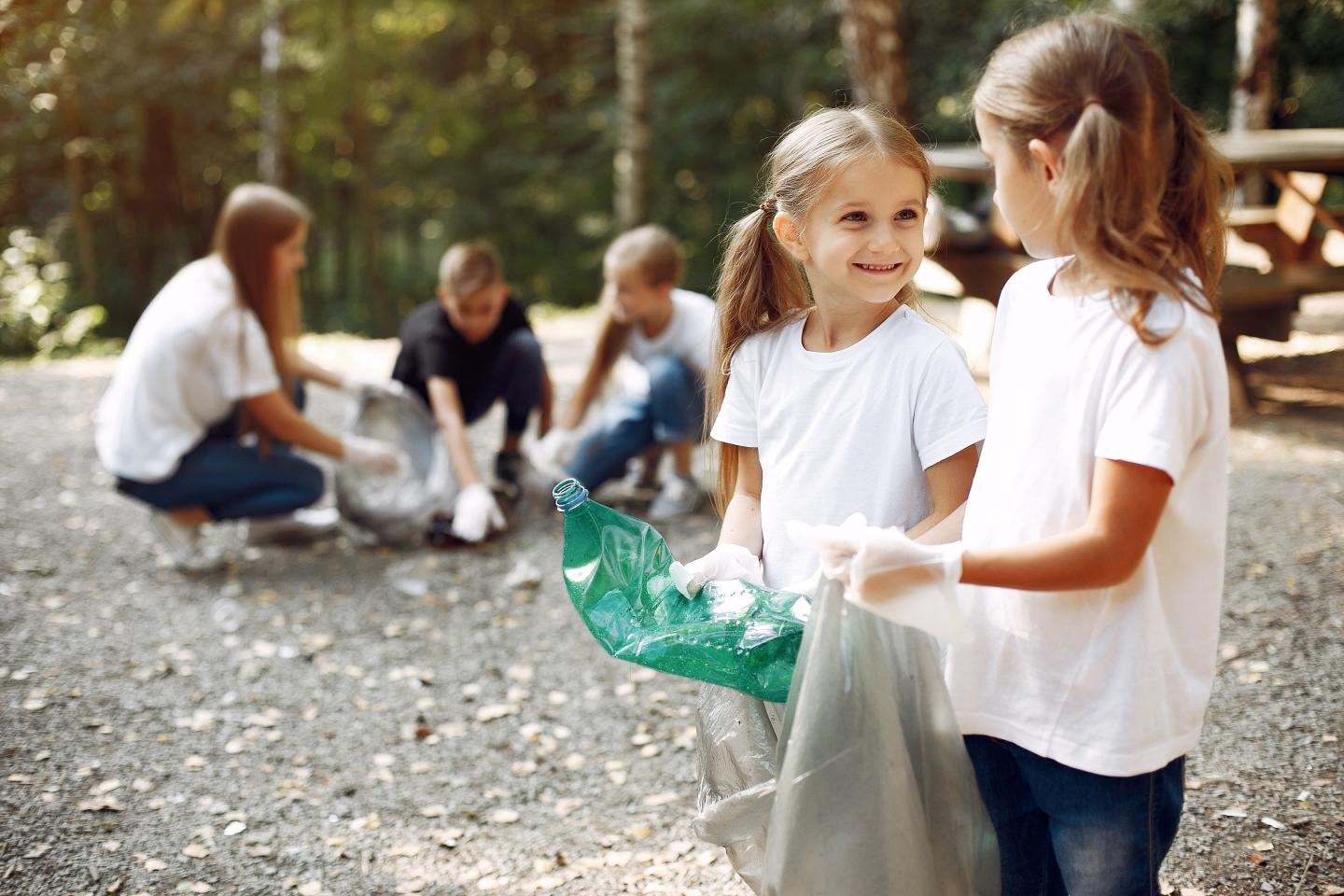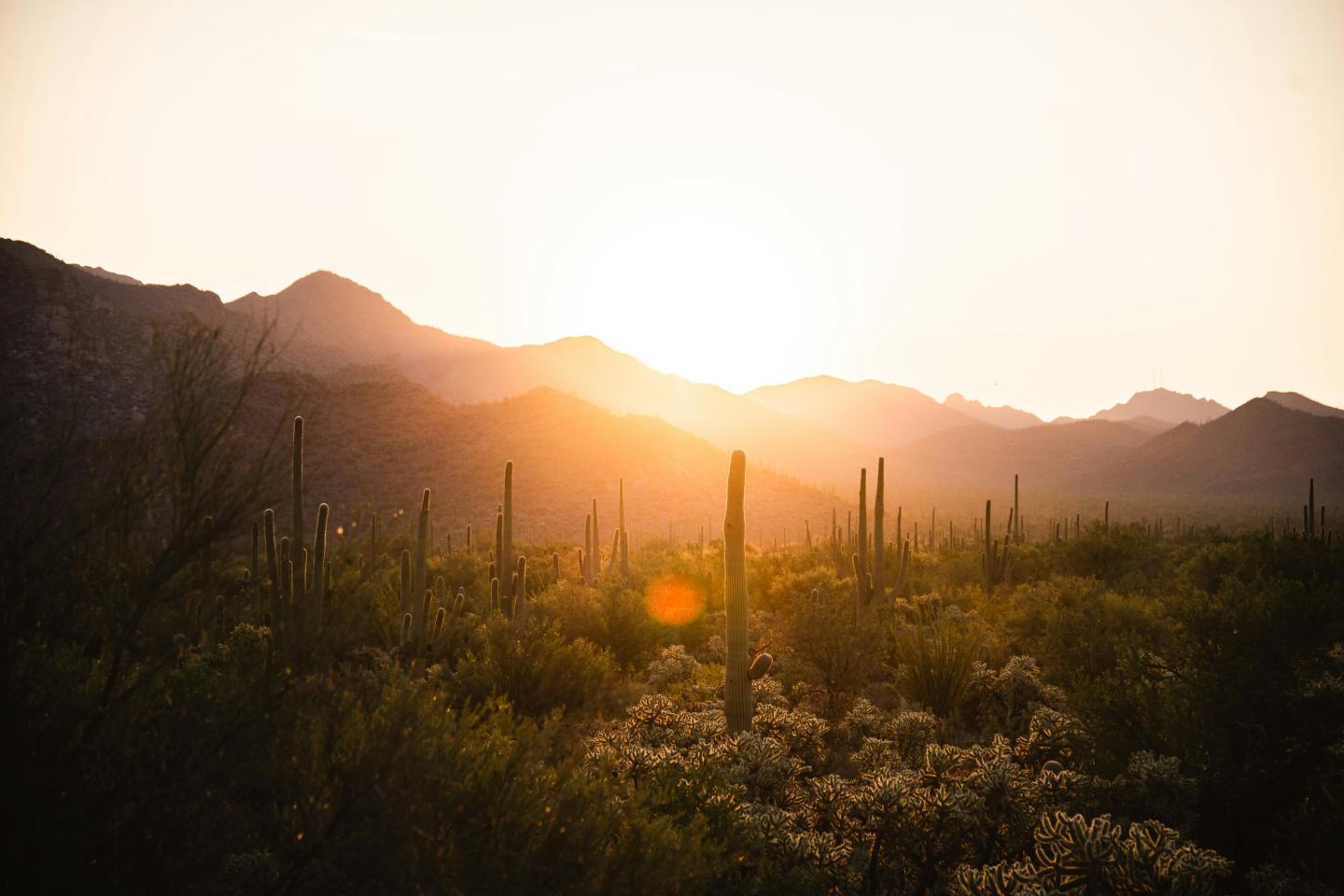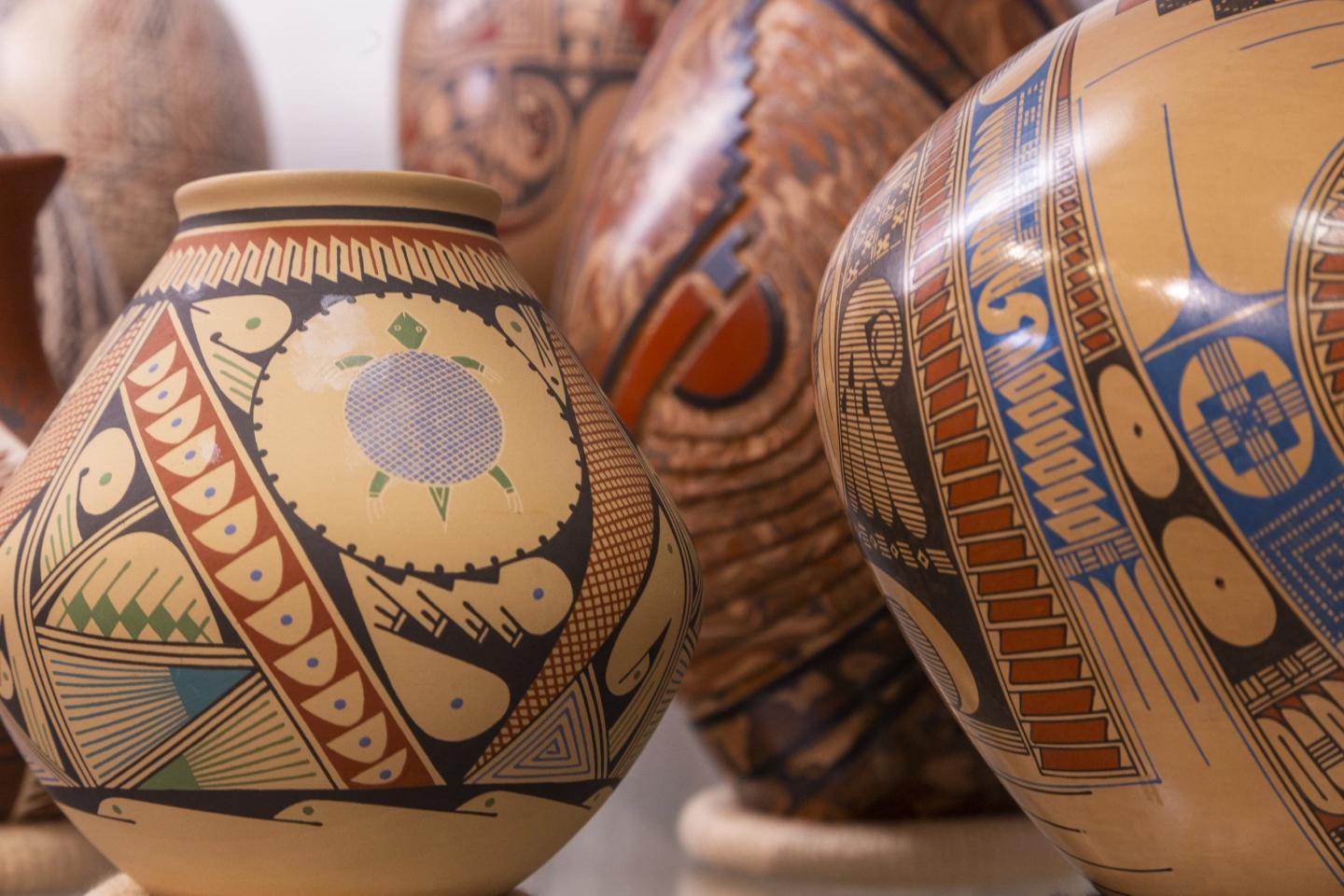
Western National Parks Association Board Member Wins Prestigious Environmental Award
Board Member John Koprowski Earns The Wildlife Society’s Aldo Leopold Memorial Award
Tucson, Arizona (December 29, 2022)—One of the nation’s most prestigious environmental awards was presented to Western National Parks Association (WNPA) board member John Koprowski on November 8. The Aldo Leopold Memorial Award is the highest award given by the Wildlife Society, an eleven-thousand-member organization, recognizing an individual’s contributions to the wildlife field. Previous recipients include luminaries like Olaus Murie, Ding Darling, and Arizonan Stewart Udall.
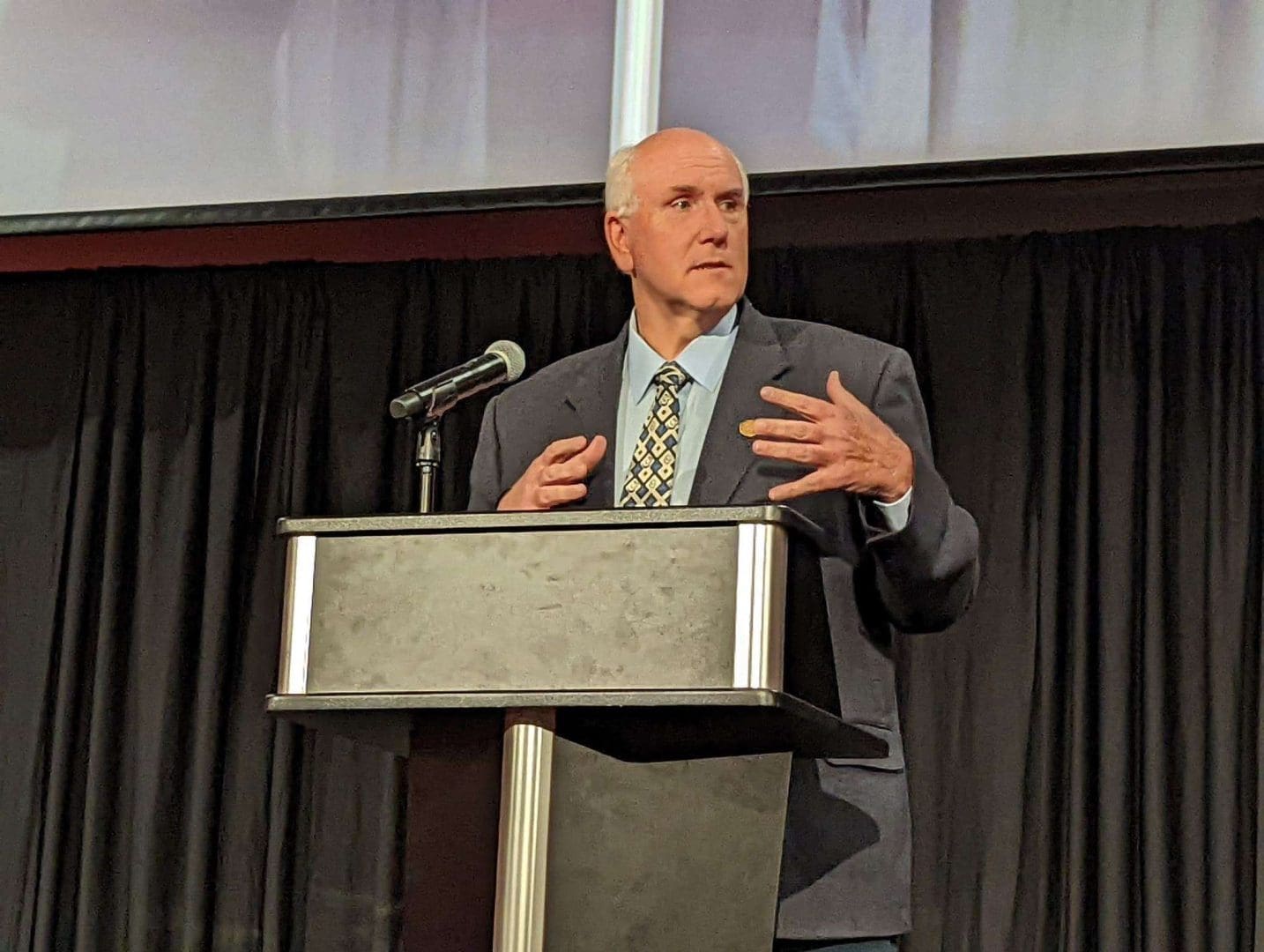
As the 2022 recipient, Koprowski says he’s humbled to win an award for lifetime achievement that began with a grant from WNPA in the early 1990s to study the endangered Chiricahua fox squirrel at Chiricahua National Monument. “I wouldn’t have started doing research in the Southwest if not for that grant, which helped me build so many important relationships.”
Koprowski is dean of the University of Wyoming’s Haub School of Environment and Natural Resources and former University of Arizona wildlife conservation professor and director of the School of Natural Resources and the Environment. He has served on the WNPA board’s research committee since 2020 and as chair for a year. “It has been wonderful to go full circle, now leading the committee that selected my grant proposals in the past,” said Koprowski, who also was awarded WNPA’s Emil W. Haury Lifetime Achievement Award.
“That’s what we love to see with our WNPA grants—we try to get research started and build those relationships, and then the researcher and the park unit can work together to identify other sources of funding and other questions of interest.”
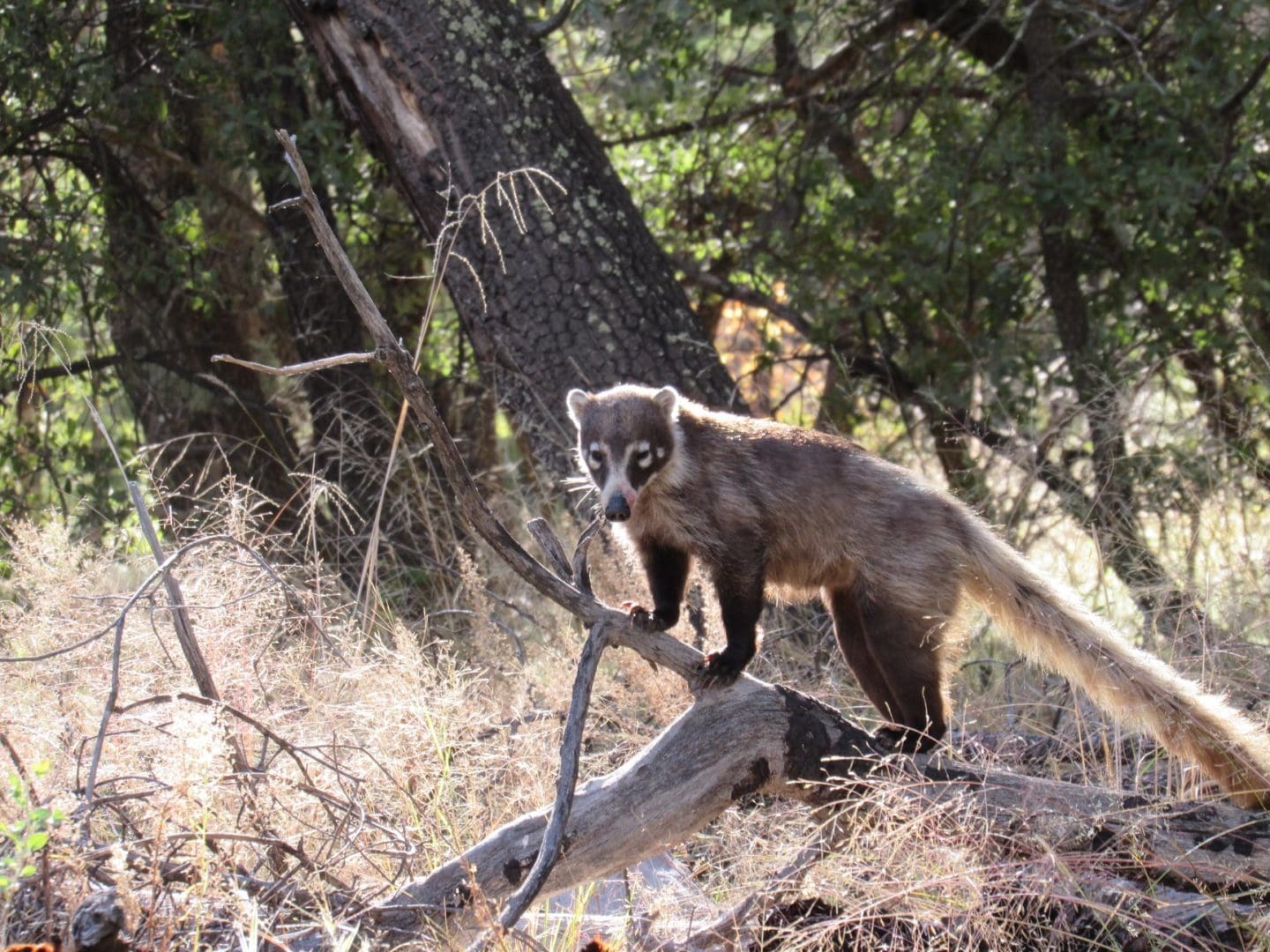
In Koprowski’s case, an interest in the Chiricahua fox squirrel led to future javelina and coatimundi studies, as well as grants from National Geographic, the US Forest Service, the National Science Foundation, and the World Wildlife Fund, to name a few. In Arizona, he’s widely recognized for his work with the endangered red squirrel of Mount Graham in the Pinaleño Mountains and is known for helping disparate groups resolve complex environmental and natural resource challenges through collaboration and community involvement. Through research gathering and sharing, he has brought together astronomers, biologists, and Indigenous communities to create solutions benefiting all parties and protecting a federally endangered species.
“If you’re looking for sustainable plans of action, you really need to involve a community in some way so that they’re valued and heard—and hopefully part of the solution to finding a pathway forward,” said Koprowski.
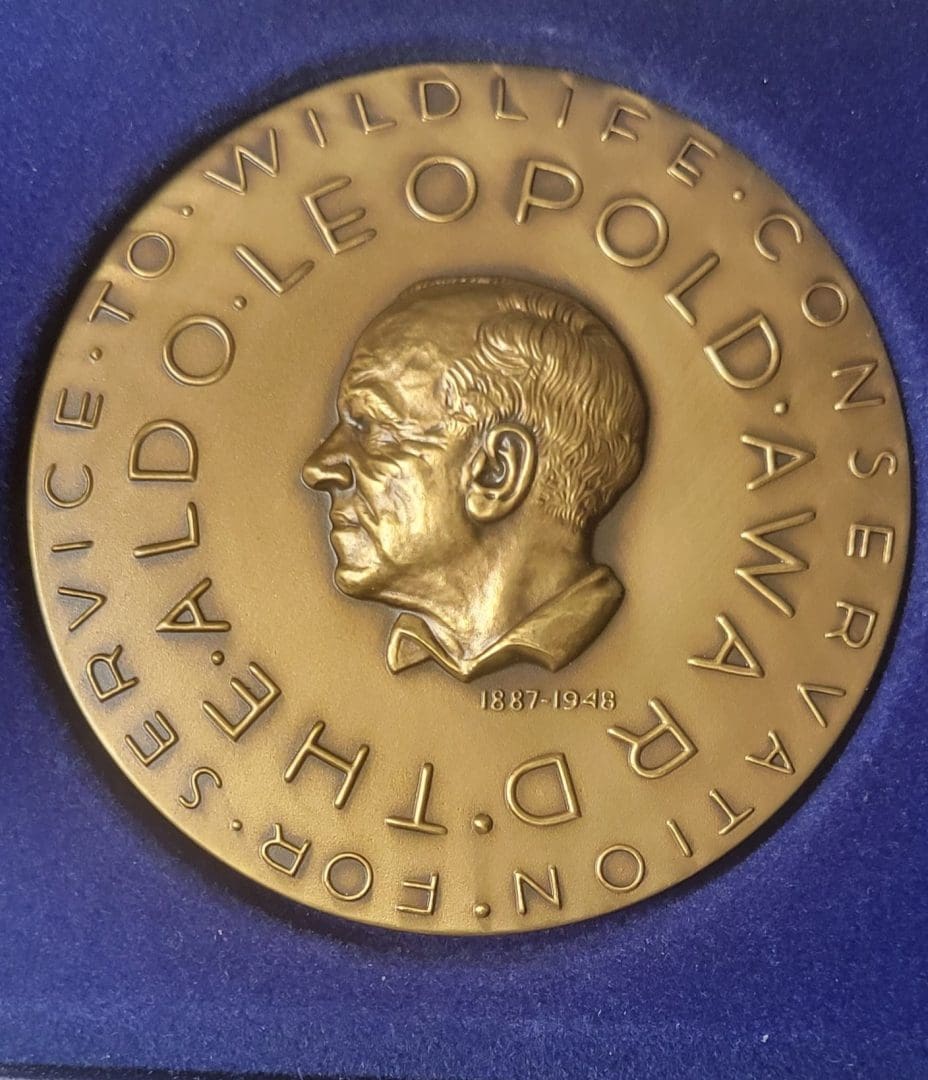
Internationally, he’s led similar community-based initiatives with his graduate students in Mexico, Peru, and Colombia, as well as a project with endangered freshwater Ganges river dolphins in Nepal threatened by a series of constructed dams. Community members and fishermen collected data that resulted in an understanding of dolphin ecology and greater support of conservation. For a project with Mongolian wolves, Koprowski works with the Mongolian Academy of Sciences to train local scientists as part of a collaborative research team. He has researched the role of squirrels and rodents as climate-change indicators in China’s panda-populated higher elevations and studied how they regenerate South African forests damaged by elephants. Tigers, bears, snakes, and salamanders have also been subjects of his studies.
Koprowski’s biggest conservation victories, he says, can be measured by connections. “A small grant to work on squirrels at a national monument in the far southeastern corner of Arizona enabled me to build momentum. I’ve impacted over 50 grad students and a few thousand undergraduate students, who are out doing their own research. What is better than knowing these beautiful landscapes, these wonderful organisms and incredible ecosystems, will continue to persist? These grants that provide seed funding are so critical.”
They can also lead to unthinkable honors. “I never saw myself having the level of success to win an Aldo Leopold Award. It’s the same award two of my mentors won—two incredibly influential individuals: Willard Klimstra and Tony Peterle. I am beyond honored.”
About WNPA Research Grants
WNPA’s grant projects must originate in a WNPA-affiliated park. These research grants connect researchers and parks in all fields of scholarly study, including anthropology, archaeology, botany, citizen science, ecology, geology, history, natural story, social science, and zoology, while benefiting the management, preservation, and interpretation of National Park Service resources served by WNPA.
About WNPA
WNPA helps make the national park experience possible for everyone. As a nonprofit education partner of the NPS, WNPA supports parks across the West, developing products, services, and programs that enhance the visitor experience, understanding, and appreciation of national parks. Since 1938 WNPA has worked to connect new generations to parks in meaningful ways, all with one simple goal: create advocates who want to preserve and protect these special places for everyone, for all time. Learn more at www.wnpa.org.
By: Melissa Crytzer Fry


